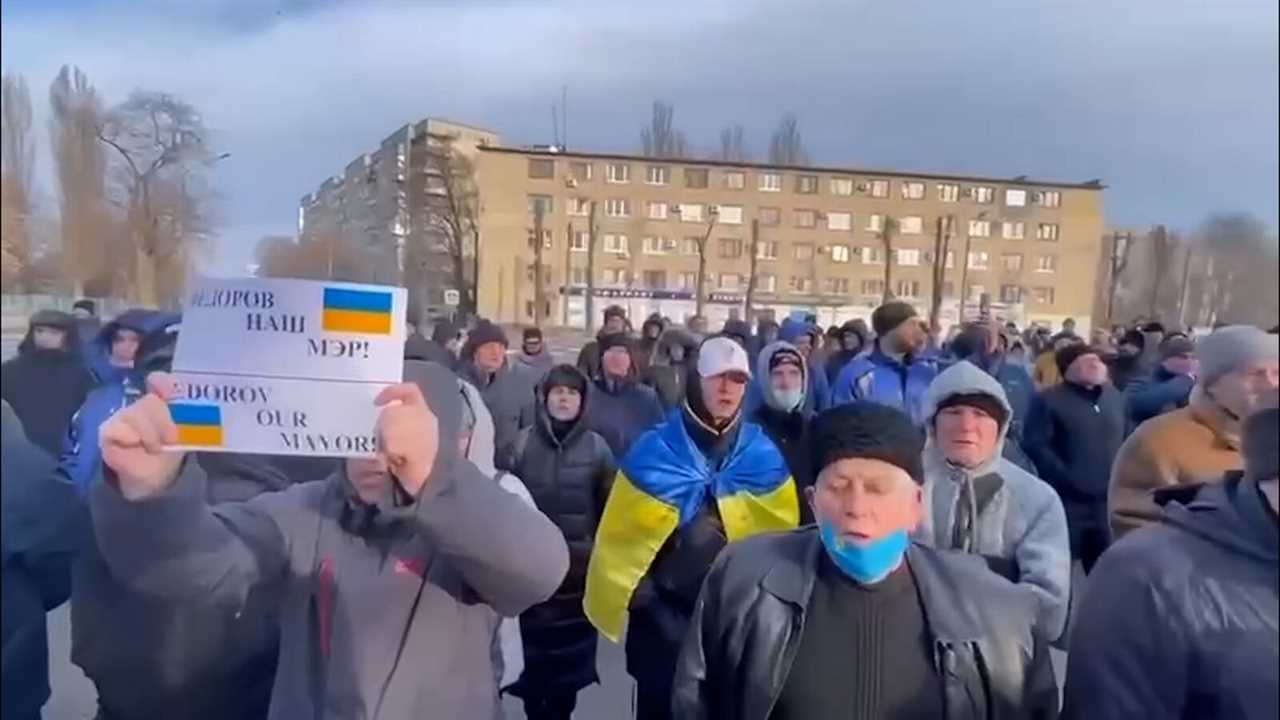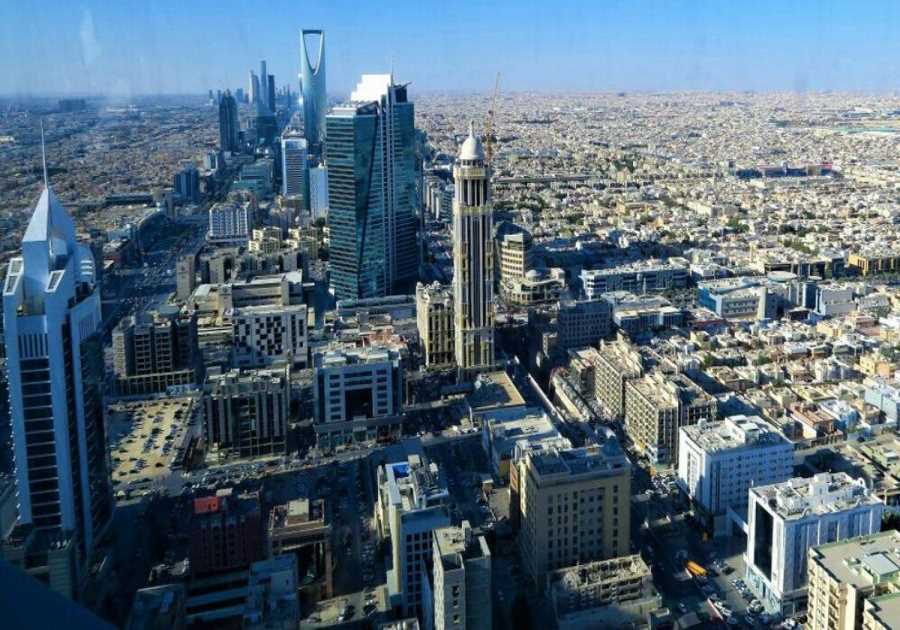
LVIV, Ukraine — The mayor of Melitopol is the kind of person Russian soldiers might have believed would have welcomed them with open arms and flowers.
Ivan Fyodorov, as his name suggests, is an ethnic Russian in a southern Ukrainian city where Russian is commonly spoken and where ties to Russia run deep.
On Friday evening, Mr. Fyodorov had a bag thrown over his head and was dragged from a government office building by armed Russian soldiers, according to Ukrainian officials and videos posted online. Since Russian forces captured his city in the first days of the war, he had encouraged resistance, earning him the support of the public and the ire of the occupying army.
On Saturday, hundreds of his townspeople poured out into the streets in an expression of outrage and defiance, despite the presence of troops on their streets.
“Return the mayor!” they shouted, witnesses said and videos showed. “Free the mayor!”
But nearly as soon as people gathered, the Russians moved to shut them down, arresting a woman who they said had organized the demonstration, according to two witnesses and the woman’s Facebook account.
The episode is part of what Ukrainian officials say is a pattern of intimidation and repression that is growing more brutal. It also illustrates a problem that Russia is likely to face even if it manages to pummel cities and towns into submission: In at least some of the few cities and towns that Russia has managed to seize — mostly in the south and east — they are facing popular unrest and revolt.
For anyone who believed the Kremlin propaganda that Russia was on a mission to save Ukraine from drug addled neo-Nazis, Melitopol was the kind of city, run by the kind of mayor, that should have viewed the Russian troops as liberators.
President Volodymyr Zelensky of Ukraine said that the kidnapping of the mayor demonstrated the falsehood underlying the Russian invasion.
“For years they have been lying to themselves that people in Ukraine were supposedly waiting for Russia to come,” he said. “They did not find collaborators who would hand over the city and the power to the invaders.”
And he sought to tap into public rage in two videotaped speeches released on Saturday.
“The whole country saw that Melitopol did not surrender to the invaders,” he said. “Just as Kherson, Berdyansk and other cities where Russian troops managed to enter didn’t — temporarily managed to enter. And this will not be changed by putting pressure on mayors or kidnapping mayors.”
After people took to the streets, he praised their courage and suggested the war lacked popular support among Russians.
“Do you hear it, Moscow?” he asked. “If 2,000 people are protesting against the occupation in Melitopol, how many people should be in Moscow against the war?”
Mr. Zelelnsky said he had raised the fate of the mayor in calls with the leaders of Germany and France.
Russia-Ukraine War: Key Things to Know
On the ground. Russian forces, battered by the local resistance, have stepped up their bombardment across Ukraine, targeting locations far from the front lines. Satellite imagery of a convoy north of Kyiv suggests that Russia is repositioning its forces for a renewed assault there.
“We expect them, the world leaders, to show how they can influence the situation," he said. “How they can do a simple thing — free one person, a person who represents the entire Melitopol community, Ukrainians who do not give up.”
Melitopol lies only a short distance from Crimea, which Russia annexed in 2014. The city came under fierce assault on the first day of the war, Feb. 24, and Russian soldiers entered only days later. While the city fell, Mr. Fyodorov remained defiant.
“We are not cooperating with the Russians in any way,” he said.
As resistance has grown more brazen, the Russian tactics have grown more brutal, according to the Ukrainian government and witnesses. The General Staff of the Armed Forces of Ukraine said on Friday that Russian soldiers were committing robberies, taking hostages and executing civilians. The reports of executions and hostage taking could not be independently verified, but there have been multiple witness accounts, often recorded on video, of Russian soldiers looting stores and homes.
Mr. Zelensky said the kidnapping of the mayor was part of a broader shift in tactics. “They have switched to a new stage of terror, when they are trying to physically eliminate representatives of the legitimate local Ukrainian authorities,” he said.
Last weekend, people waving the blue and gold of the Ukrainian flag took to the streets of Melitopol and other occupied cities.
For the most part, Russian soldiers stood aside, even as protesters commandeered a Russian armored vehicle in one town and drove it through the streets.
Mr. Fyodorov encouraged the demonstration. In his most recent post on Facebook, he thanked business leaders who were helping the community in the moment of strife. “Together we will overcome anything!” he wrote.
His location is now unknown.
Muyi Xiao and Dmitriy Khavin contributed reporting.
Title: Russia meets public resistance in cities and towns it seized.
Sourced From: www.nytimes.com/2022/03/12/world/europe/melitopol-ukraine-mayor-russia.html
Published Date: Sat, 12 Mar 2022 15:46:25 +0000






